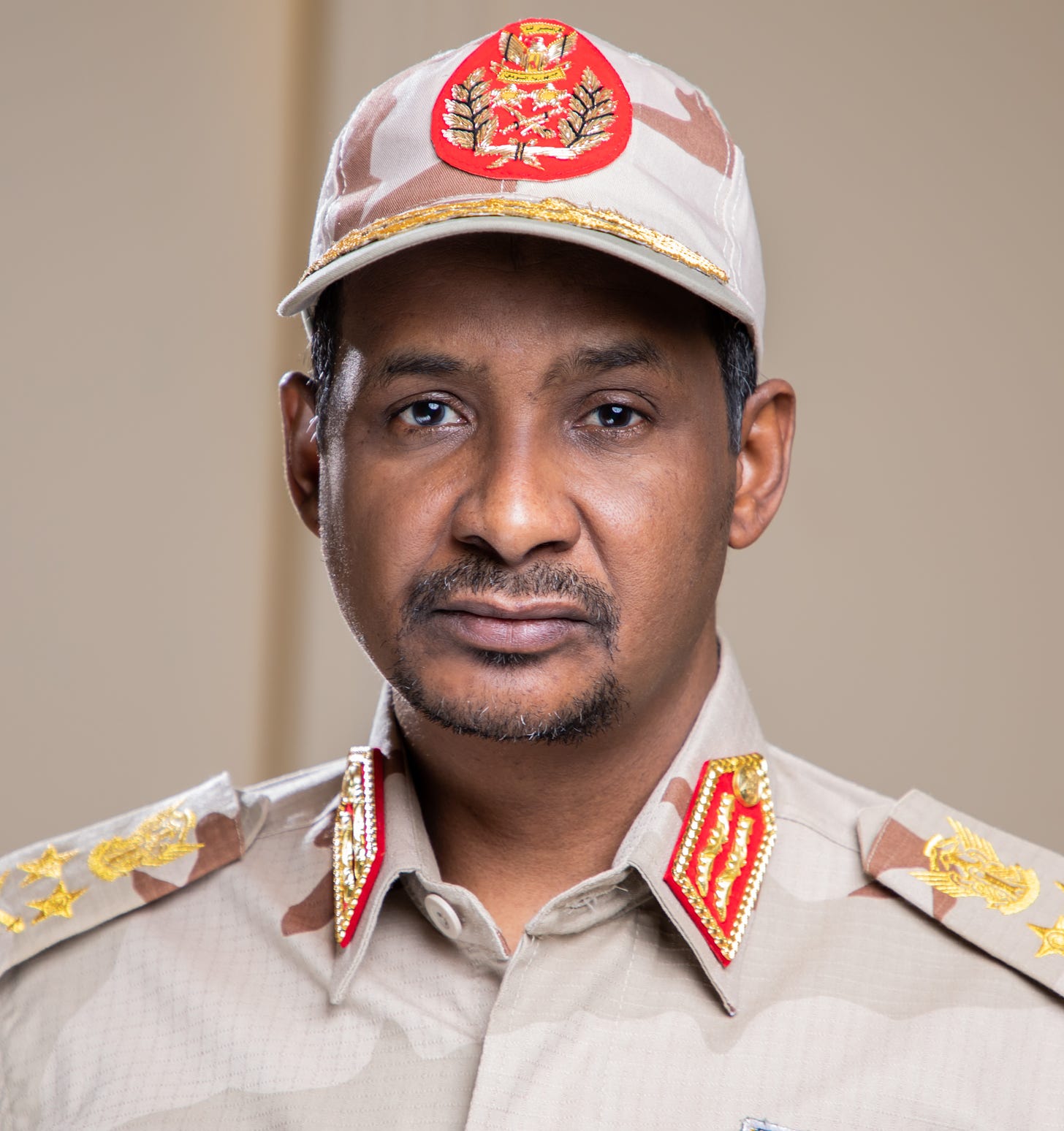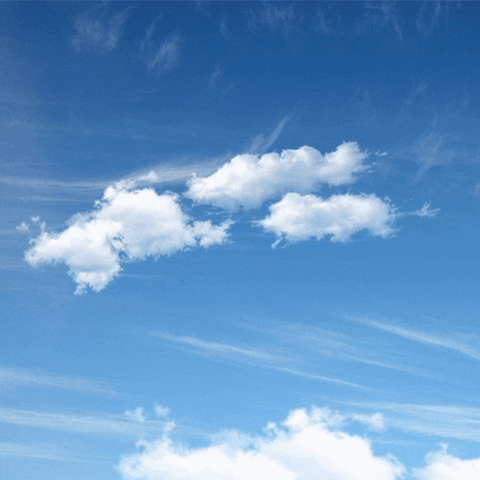🔅 The Malaria Vaccine: Africa, First in Line
Plus: Sudan's Power Struggle Gets Ugly, The IMF Wants a 'Gleneagles Moment' for African Countries, African Airlines: From Grounded to Flying High, And much more... ☕
Photo of the day: Road between Bobo Dioulasso and Banfora, Burkina Faso

Markets — Year-to-Date:
🔺 Nigerian SE: 51,903.61 (+1.27%)
🔺 Johannesburg SE: 78,870.36 (+7.97%)
🔺 Ghana SE: 2,682.85 (+9.78%)
🔻 Nairobi SE: 111.56 (-12.48%)
🔺 US S&P 500: 4,137.64 (+8.20%)
🔺 Shanghai Composite: 3,338.15 (+7.11%)
Global Markets: With the global economy in a downturn, Chinese exporters are feeling the pinch. At the Canton Fair in Guangzhou, the largest trade event since China re-opened its borders, vendors reported orders down by 30% from last year. And that’s just the start. Businesses are having to make tough decisions, like reducing labour costs, freezing investments, and lowering prices, just to keep their heads above water.
*Data accurate as of the close of markets across the continent
HEALTH
The Malaria Vaccine: Africa, First in Line

Malaria kills over 600,000 every year, most of them children in Africa.
So news that the Oxford malaria vaccine has secured approval in Ghana has been warmly welcomed.
What has been the main challenge in developing a vaccine?
The complicated structure and lifecycle of the malaria parasite have long stymied efforts to develop vaccines.
Last year, the first malaria vaccine, Mosquirix from British drugmaker GSK, was finally endorsed by the World Health Organization (WHO), but there was a lack of funding and commercial potential to produce as many doses as needed.
So up stepped the Oxford vaccine, which is able to be manufactured in greater numbers than the GSK one, thanks largely to a deal with the Serum Institute of India to produce up to 200 million doses annually.
Mid-stage and late-stage data from the Oxford vaccine trial involving more than 400 young children has been published in a medical journal and shared with regulatory authorities over the last six months.
And it turns out the vaccine has a similar vaccine performance to the GSK one. It is effective in the age group at highest risk of death from malaria - children aged five months to 36 months.
What's even more interesting about the Oxford vaccine is that it also took a completely different route to approval:
Childhood vaccines in Africa are usually endorsed by the WHO before being paid for by international organisations such as Gavi and UNICEF.
In the case of the Oxford vaccine, it was approved first in an African country, Ghana, when rich nations and the WHO have yet to weigh in on it yet.
It's unusual that a regulatory authority in Africa was able to review the data quicker than the WHO, but it's likely because of how COVID has changed the way African regulators approach the medical industry.
According to Oxford scientist Adian Hill, African countries have decided they "don't want to be last in the queue anymore" after the vaccine-hoarding experiences of the pandemic.

Share Baobab with friends and colleagues for free daily updates on African business, money, and current affairs.
OTHER HEADLINES
Across the Continent
🇸🇩 Sudan's Power Struggle Gets Ugly | General Abdel Fattah al-Burhan and his RSF deputy, Mohamed Hamdan Dagalo, are in the middle of a power struggle that has resulted in 56 civilian deaths as of yesterday afternoon, dozens of fighter casualties, and social media videos of military jets flying low over the capital. Residents of Khartoum have been up all night hearing the noise of air strikes, shelling, and gunfire, and are worried about running out of food and water. As international powers urge an immediate end to the hostilities, the Sudanese air force has told people to stay indoors and the government has ordered businesses, schools, banks, and government offices to close. If you want to learn more about the reasons for the power struggle, take a quick read of our Friday edition.
💵 The IMF Wants a 'Gleneagles Moment' for African Countries | The International Monetary Fund (IMF) is calling for a “Gleneagles moment” for African countries—a reference to the 2005 G8 summit in Scotland, where the wealthy countries agreed to double aid to Africa and offer debt relief. The IMF says without increased financial support, many of the world’s poorest countries won’t have a chance of meeting the 2030 UN goals for poverty reduction. And it’s not just about alleviating poverty—it’s also about helping countries combat the effects of global heating. The IMF has already provided over $50 billion in financial help to the region since the pandemic began, but Abebe Selassie, director of the IMF’s African department, believes the wealthy countries need to do more. He said: “I refuse to believe the international community can’t do more. If it doesn’t it will be shortsightedness of the highest order.”
✈️ African Airlines: From Grounded to Flying High | African airlines have made a strong comeback since the pandemic’s peak, with traffic in March reaching almost 95% of 2019 levels. Domestic flights made up 37% of the traffic, with intra-Africa and intercontinental flights making up the other two-thirds. The number of intercontinental routes operated by African airlines has exceeded pre-pandemic levels since October 2022. Airlines like Ethiopian Airlines even got creative and converted their passenger jets into freighters to make up for the lack of passengers. That said, African airlines are still trying to make up for their huge revenue losses in 2021 and 2022. Some airlines, such as Air Namibia and Air Mauritius completely folded while others such as South African Airways and Kenya's flag carrier, KQ needed big bailout funding from the state to keep flying.
FOOD FOR THOUGHT
Proverb of the Day
“One may have two legs, but that does not mean one can climb two trees at the same time.”
— Ethiopian Proverb.





